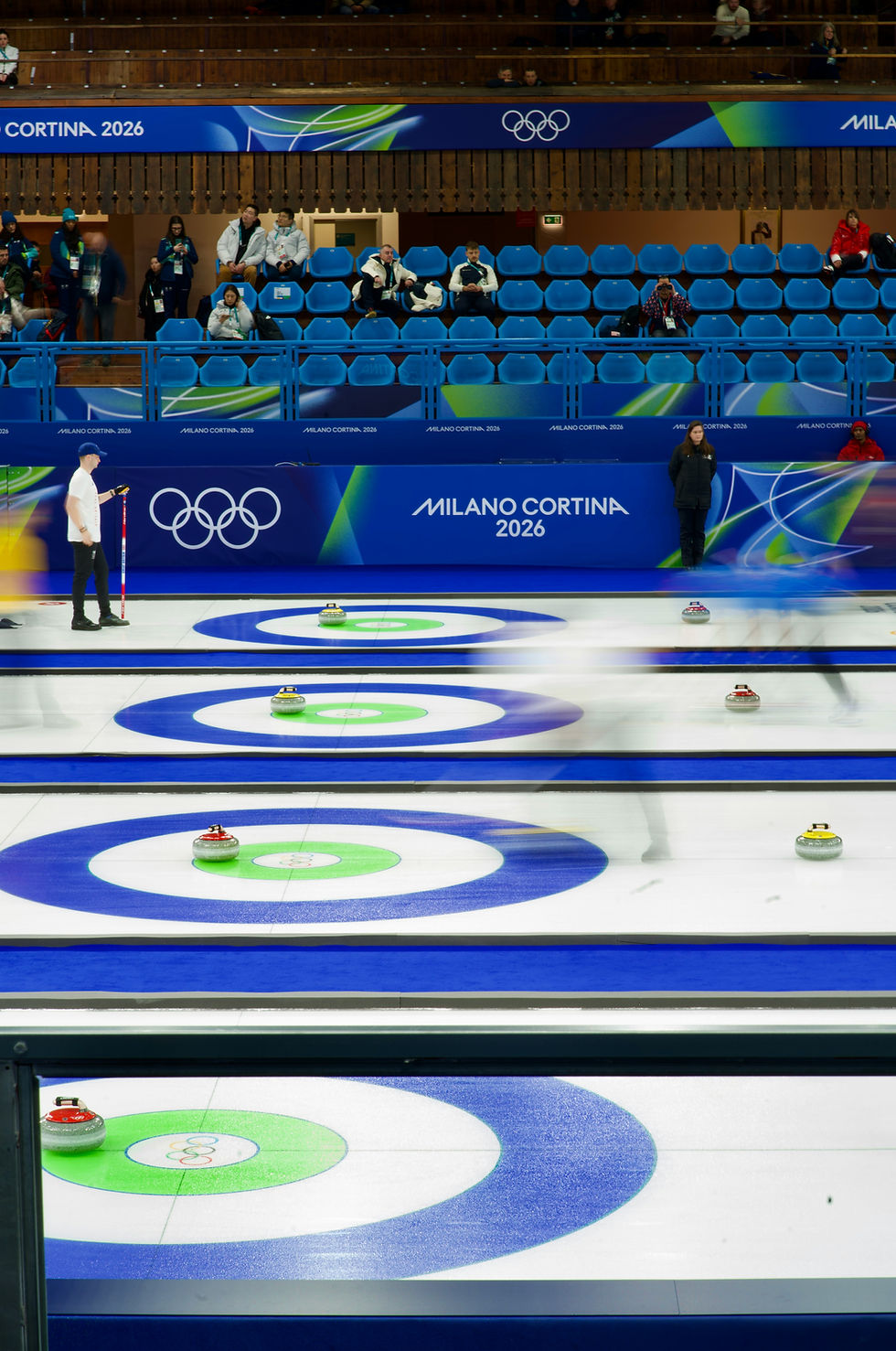Can Brooklyn Nine-Nine find balance in a BLM world by moving from Copaganda?
- Sandeep Sandhu
- Oct 11, 2021
- 4 min read
Updated: Oct 13, 2021
Growing up with brown skin in London in the 2000s, it’s not surprising I disagree with the idea that the police are inherently good.
My first-hand experience of law enforcement is that of power-hungry bullies, or plodders who fail to catch harmful criminals while leaning hard on kids who might have a bit of weed on them. Although anecdotal, my experiences are matched by decades of evidence in both the UK and the US.
Evidence that many white, middle-class people are only beginning to recognise in the wake of Black Lives Matter (BLM) and other high profile, horrifying scandals involving police abusing their power - most recently the terrifying Sarah Everard case.
A large culprit laundering the reputation of the police is ‘copaganda’; forms of media that relentlessly push a pro-police narrative.
These shows are everywhere and are written with the help of serving or former law enforcement. Other than The Wire, there aren’t really any examples of long-running police shows that showcase the harsh reality of corruption that is know to many police forces. Even when these scenarios are portrayed in shows like CSI or The Bill, it’s usually a one-or-two episode special about a ‘bad egg’ who the main cast chase down and lock up, preserving their goodness in the eyes of the audience.
When BLM protests swept the world last year, there were plenty of people and organisations who took the opportunity to re-evaluate their positions towards anti-racism, as well as the very concept of policing. This included television shows intrinsically linked with the police, like Brooklyn Nine-Nine.
Despite my rather dim view of police, I am a fan of the show and had been excited to see the eighth and final season. However, when you consider that the NYPD has historically been incredibly corrupt and racist even by the low standards of American policing, it seemed like the writers had a huge task in writing a final season that maintained the show’s previous reputation of tackling racism in the force – most clearly shown in the season four episode ‘Moo Moo’.
Unlike a one-off episode, writing a whole season in the aftermath of the sadness and anger we saw in the summer of 2020 felt like too large a task. I was expecting a few meaningless platitudes – especially as they’d already written much of the season before the protests and marches went mainstream. This was despite the fact that part of the appeal of the Andy Samberg vehicle is its diverse cast and well-rounded characters who are comfortable in their identities.
However, just five minutes into the opening episode, it was clear I should’ve been a little more confident in the writers. In the season opener, ‘The Good Ones’, Samberg’s character, Jake Peralta, is hit with the undeniable truth that no matter how good police may or may not be, institutional problems will always rear their head.
This is wonderfully juxtaposed with Joe Lo Truglio’s kind-hearted but often unaware character, Charles Boyle, who spends the episode engaging in displays of antiracism that many people of colour will be familiar with from similar interactions with their liberal friends.
The season continued very much in this vein, with John C. McGinley, portraying a vicious Police Union official, excelling as the personification of the incredibly powerful and often corrupt bodies that are the reason many US cops can murder suspects and get away with it.
The moral questions that police should be asking themselves were also explored via Stephanie Beatriz and Melissa Fumero’s characters, who deal with the harsh realisation that they aren’t inherently the good guys in different yet useful ways.
Of course, any television show that seeks to tackle social justice will inevitably get pushback from angry folk online. There was plenty of criticisms of the direction the show took on Twitter and Reddit, and although these platforms do often bring out the worst kind of bad-faith actors, it was clear some were genuinely upset their favourite police characters were suddenly not so hot on the concept of policing. Many of the criticisms took the stance that a group of cops who’d been working in the field for multiple years wouldn’t suddenly just upend their identities.
While, in real life, we’ve seen that kind of pushback from law enforcement who are used to acting with impunity, the criticism falls flat when you look at Brooklyn Nine-Nine from a television perspective. The characters have constantly shown themselves to be sensitive and open to criticism, so it is unsurprising the people we’ve known and loved for eight seasons would land more on the side of social justice than propping up a police force who are intent on protecting their own instead of bettering themselves.
A key shaper of Andre Braugher’s character, Captain Holt, is the discrimination he faced
coming up in the force, so it makes perfect sense that Holt would be willing to listen when it comes to issues with police.
The admiration the rest of the characters have for Holt, and the fact they’ve shown themselves to be open to this kind of criticism before, means it follows perfectly that they would act in a similar way: listening to people of colour who have been victims of police abuse.
Of course, no television show can do much to end the issues around policing in the US and UK. Anybody who delves into the history of policing will find it’s a profession rooted in classism and racism, and that legacy is hard to overcome even with conscious effort.
With their final season, Brooklyn Nine-Nine tries to at least steer the conversation in the right way, and in the end, that’s all we can hope for from our media.
Edited by Hannah Youds



Comments